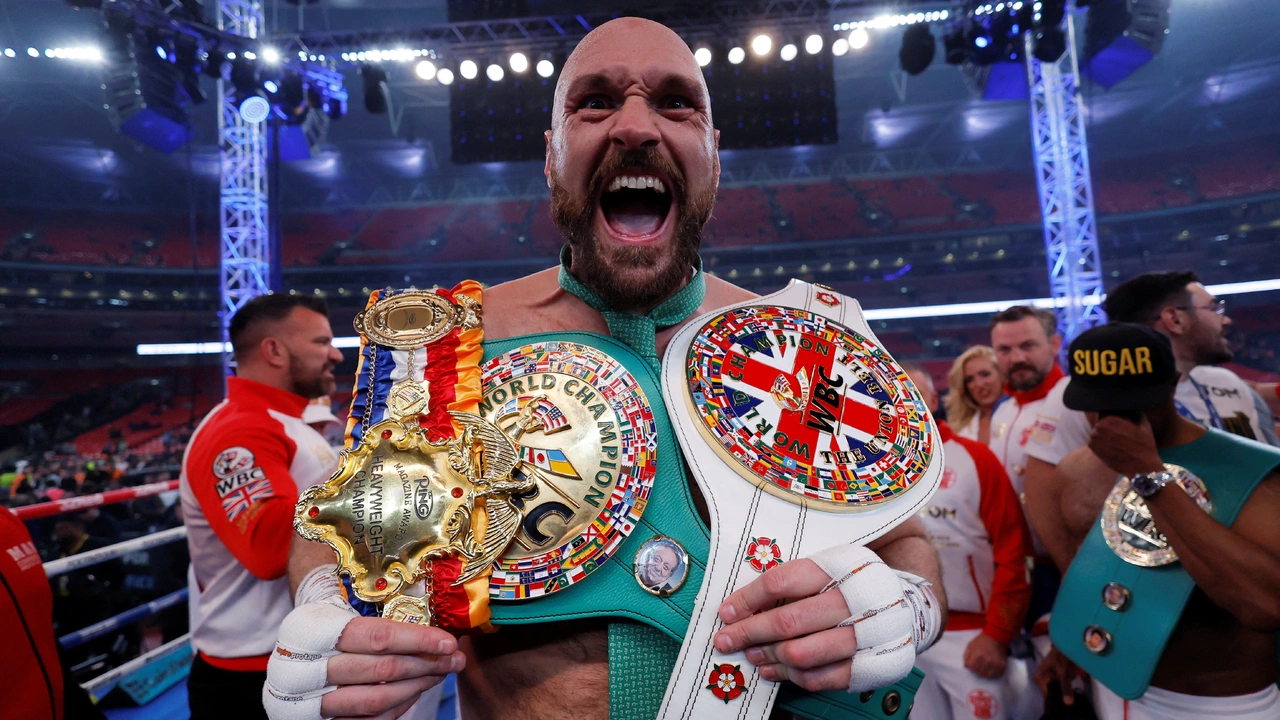Gipsy King: Who They Are and Why They Matter
If you’ve ever heard "Bamboleo" or "Volare" on the radio, you’ve probably heard the Gipsy King. They’re a group of Spanish‑Romani musicians who turned traditional flamenco into a global party sound. Their music mixes fast‑paced guitars, clapping, and lively vocals that make you want to dance even if you’ve never stepped onto a dance floor before.
How the Gipsy King Got Their Start
The band formed in the early 1970s in the south of France, where a community of Romani families had moved from Spain. Two brothers, Nicolas and Andre, began playing guitar with cousins and friends in small cafés. Their early gigs were simple—just acoustic guitars, a cajón, and a lot of passion. By the mid‑80s they recorded their first album, Gipsy King, and the world started to take notice.
Signature Sound and Biggest Hits
What makes the Gipsy King stand out is their blend of flamenco techniques with pop‑rock hooks. The fast strumming pattern, known as "rasgueado," sits alongside catchy chorus lines sung in Spanish, French, and occasionally English. Songs like "Bamboleo," "Djobi Djoba," and the cover of "Volare" still get radio play today. Their 1990 album Este Mundo hit the charts in multiple countries, proving that a band singing about love and life in a foreign language can still break into mainstream markets.
Beyond the hits, the Gipsy King’s live shows are a lesson in energy. They often start with a slow rumba, build up to a rapid guitar duel, and end with an explosive sing‑along that involves the whole audience. If you ever get a chance to see them live, expect a night where the rhythm never stops and the crowd feels like one big family.
For fans of kickboxing or other high‑energy sports, the Gipsy King’s music works as a perfect warm‑up playlist. The driving beats match the cadence of shadow‑boxing, and the uplifting melodies keep motivation high during tough training sessions.
In short, the Gipsy King turned regional flamenco into a worldwide party anthem. Their mix of guitar skill, vocal passion, and catchy hooks keeps new listeners coming back while older fans still feel the nostalgia. Whether you’re looking for a new workout soundtrack or just curious about world music, the Gipsy King offers a lively, feel‑good experience you won’t regret exploring.
Why is Tyson Fury called the gipsy king?
Hello mates, in this post, we dive into the story behind why Tyson Fury is called the Gipsy King. We’ll take a jaunt through Fury's lineage, digging into his family's rich history within the boxing world. We'll also explore the special connotations attached to the nickname 'Gipsy King' and how it mirrors Fury's distinctive personality. Expect a one-two punch of insightful info, and get ready to go a few rounds with this titillating topic!
